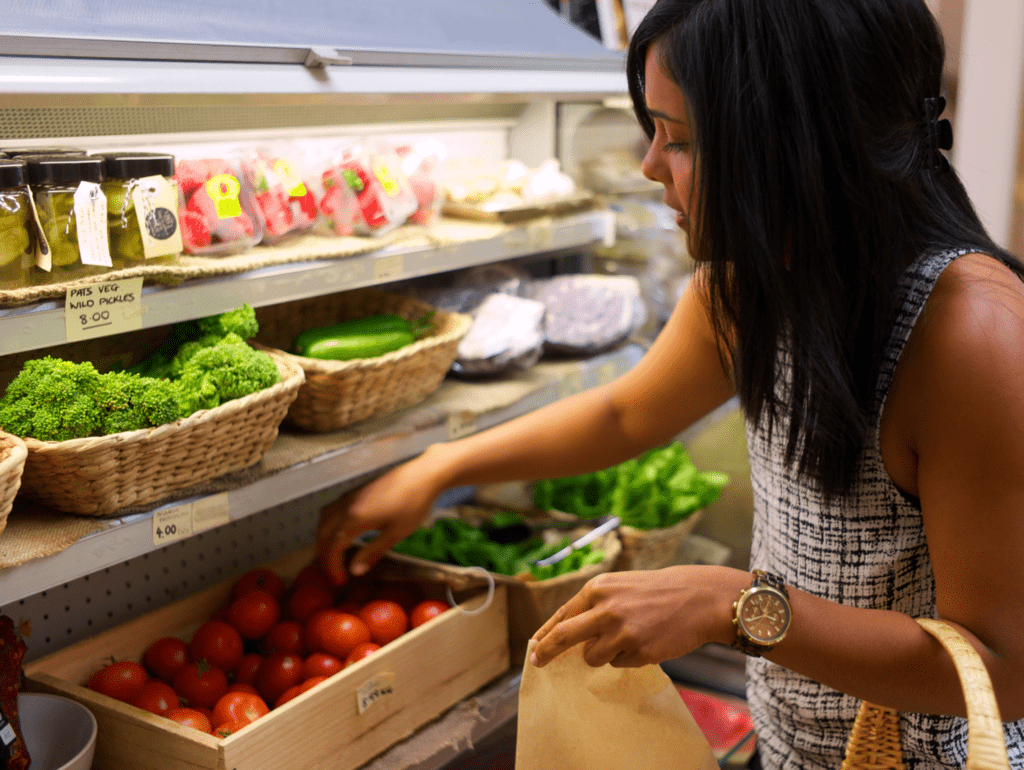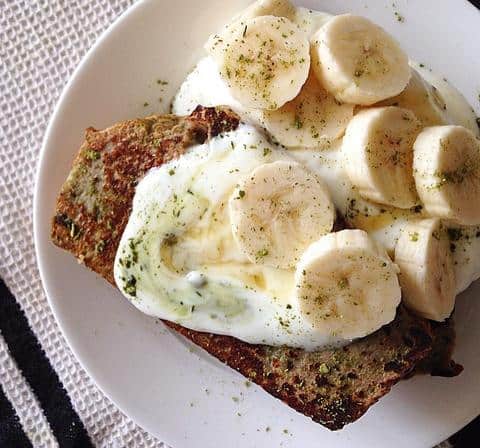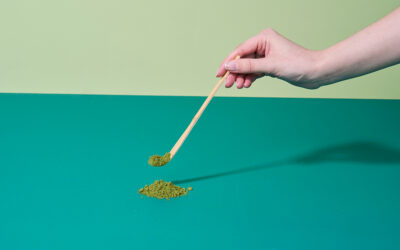Another 10 in 10 segment from a beautiful friend of ours, Kavisha Jega. We have so many talented matcha mates, you blow our minds everyday! Holding a Masters degree in Wellness, Kavisha works to promote optimal health and well-being by teaching people how to move away from processed foods and towards a more nourishing whole foods diet. Her educational seminars and cooking workshops draw on her knowledge of whole food cooking and passion for wellness to show everyday people that healthy eating can be easy and attainable. Kavisha also has a wellness travel practice, which focuses on connecting health orientated travellers with good food by showcasing organic, local and whole food experiences all around the world.
++++++++++++++++++++++++++++++
Kavisha’s Top 10 Tips On How To Stay Healthy On A Budget

Shop at your local farmers markets
Even if you can’t afford to buy from the organic stalls, the conventional produce at the farmers markets is generally fresher and cheaper than what’s available in the supermarkets. Google search ‘farmers markets in (your suburb/city)’ to find one close to you.
Eat less meat
Eating less meat will definitely help you save money. I usually alternate between a meat day (where I’ll eat meat for either lunch or dinner) and a day of vegetarian eating. I also tend to stock up on cheaper cuts of meat and seafood such as organic beef mince or tinned sardines, which are HIGHLY nutritious and super cheap!
Pack your own lunch
Planning meals in advance and packing your own lunch is a huge money saver. All you have to do is cook more dinner the night before so you have enough leftovers to eat the next day. Cook once eat twice- genius!
Carry snacks around with you
Keeping a stash of healthy snacks on your desk (fruit, nuts, bliss balls) will stop you from leaving the office to buy something when you’re feeling peckish. Remember all those $5 snacks add up.
Shop the bulk bins
Nuts, seeds, grains, muesli, spices, all these things are much cheaper when bought from bulk bins. You can buy exactly how much you need for minimal wastage and also enjoy the cheaper prices. Bulk food stores such as The Source Bulkfoods are perfect for this.
Cook more simple meals at home
Who has the time these days to whip up restaurant quality meals on a week night? All those one off ingredients can really add up and burn a hole in your wallet. Stick to cooking up simple meals at home such as a piece of fish and roasted veggies, flavoured simply with herbs and spices on hand.
Make your own
Foods such as muesli and dips can be costly when purchased at the supermarket but are super easy and cheap to make. Gather a few healthy recipes online and start making your own. Bliss balls can also be costly when purchased at a café ($3.50-4 for one ball is pricey). Again these are cheaper to make in bulk and store in your fridge or freezer for a quick snack.

One of Kavisha’s #mixnmatcha creations – matcha French toast!
Choose your organic purchases wisely
Although in the perfect world we would all be eating 100% organic food, reality is that organic food can be expensive. When it comes to shopping for fruit and veggies, my top tip is to buy anything you eat the skin of organic (e.g., apples, berries, leafy greens) and anything you peel the skin off is ok to buy conventional (e.g., oranges, bananas, avocado).
Ditch the fancy ‘Superfoods’
Walking into a health food store can be a danger zone for your wallet. With all these superfood potions and powders screaming health claims at us it can be hard not to buy. The best type of ‘super’ food to include in your diet is more fruit and veg, so ditch the unnecessary acai, goji, chia, lucuma and what not, especially if you’re trying to save some cash (except our Mix N Matcha of course, since it’s so reasonably priced for the quantity already…. 😉 not biased or anything!)
Buy frozen fruit and veg
Frozen fruit and veg can get a bad rep, however most of the time they are more nutritious than their ‘fresh’ counterpart. Snap frozen shortly after being picked they retain a lot more antioxidants over time. Another plus is that frozen organic veggies and frozen organic berries are usually much cheaper than fresh. Winning!
++++++++++++++++++++++++++++++
Article by Wellness Advisor Kavisha Jega
F: www.facebook.com/kavishajega
I: @kavisha_jega
Y: www.youtube.com/kavishajega
E: [email protected]




